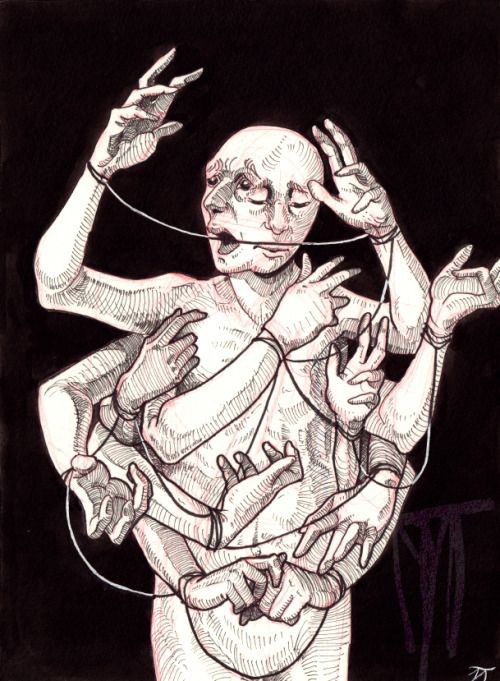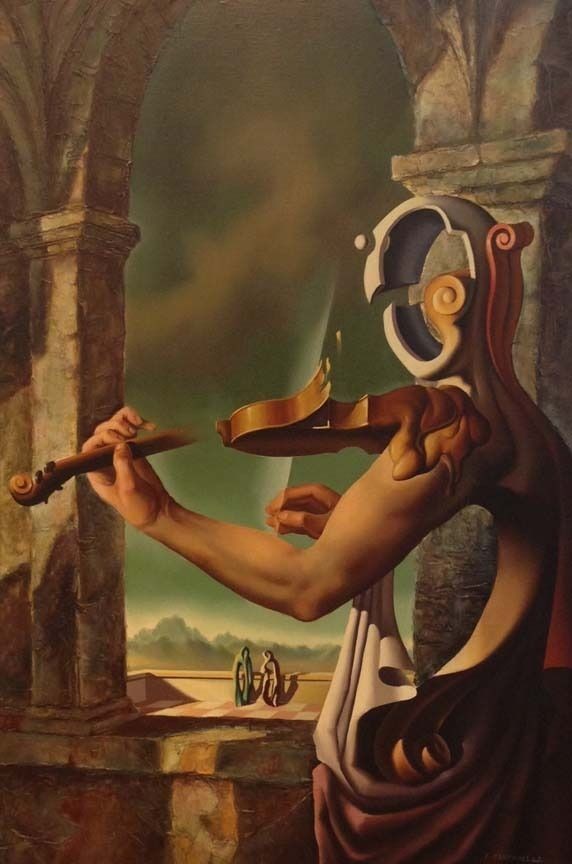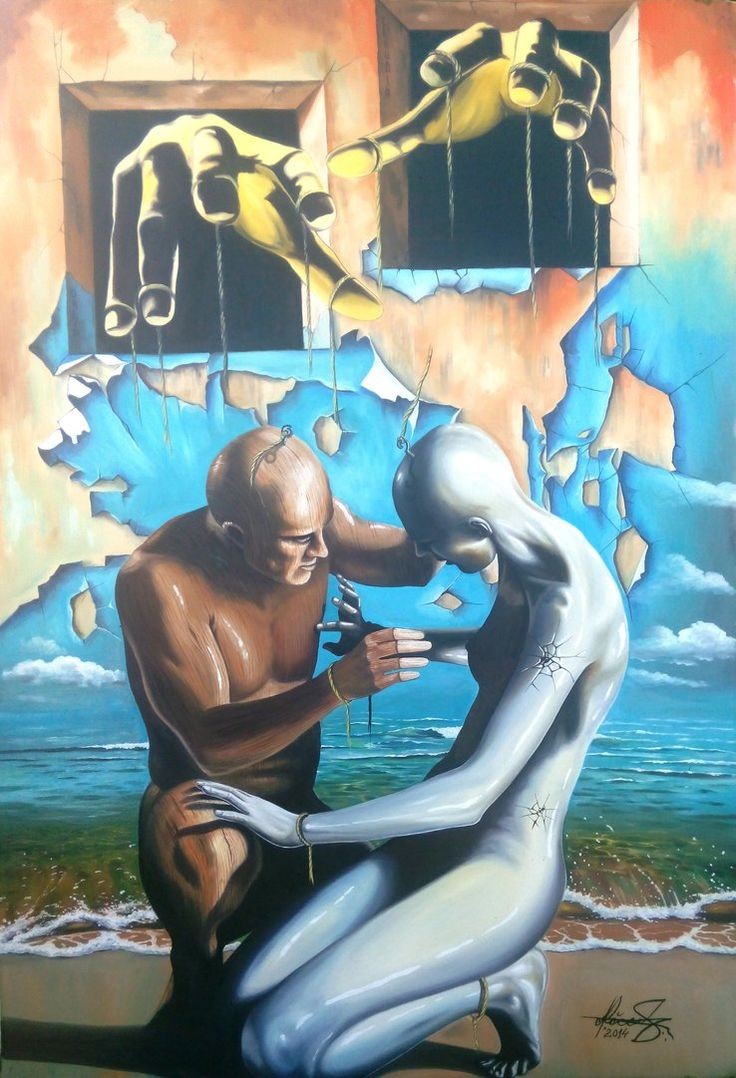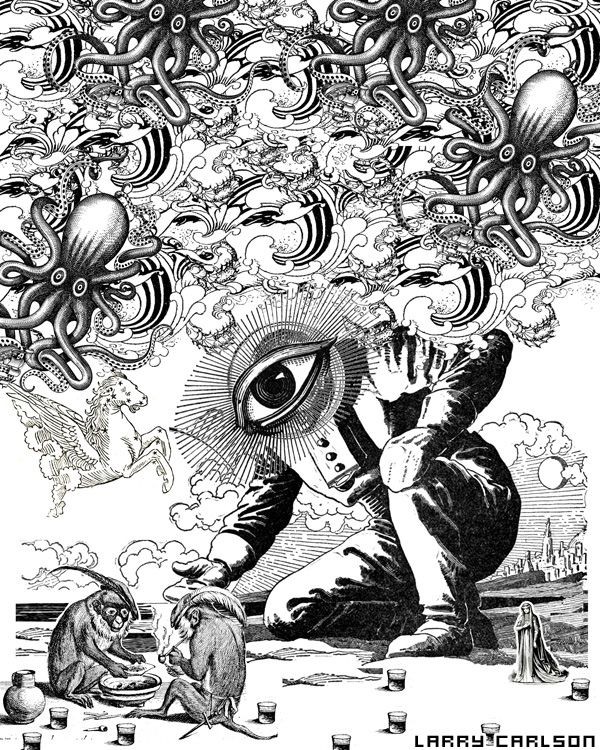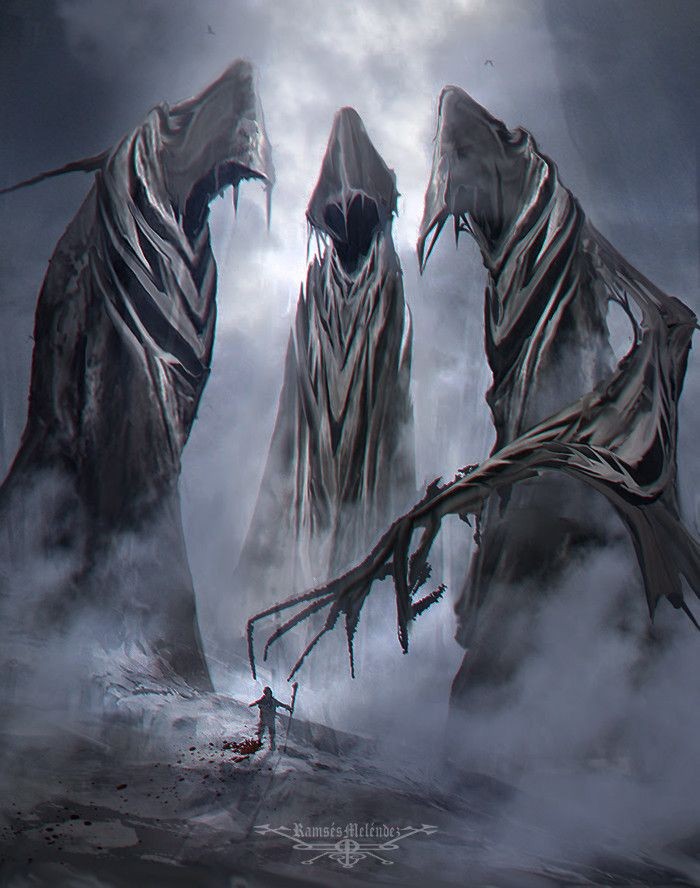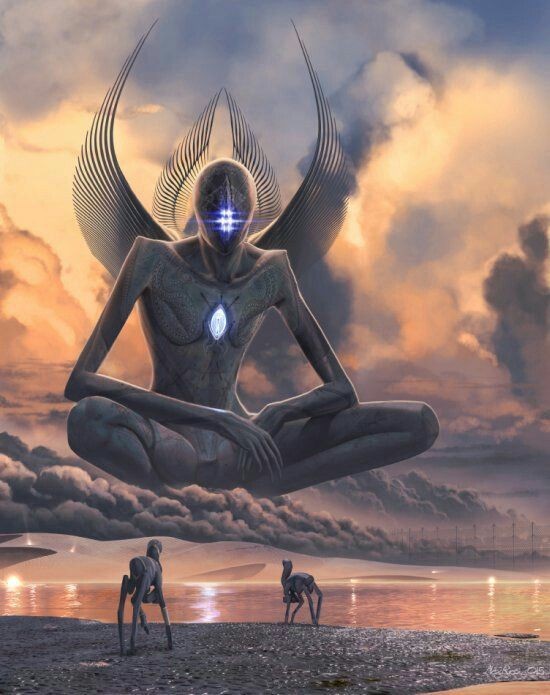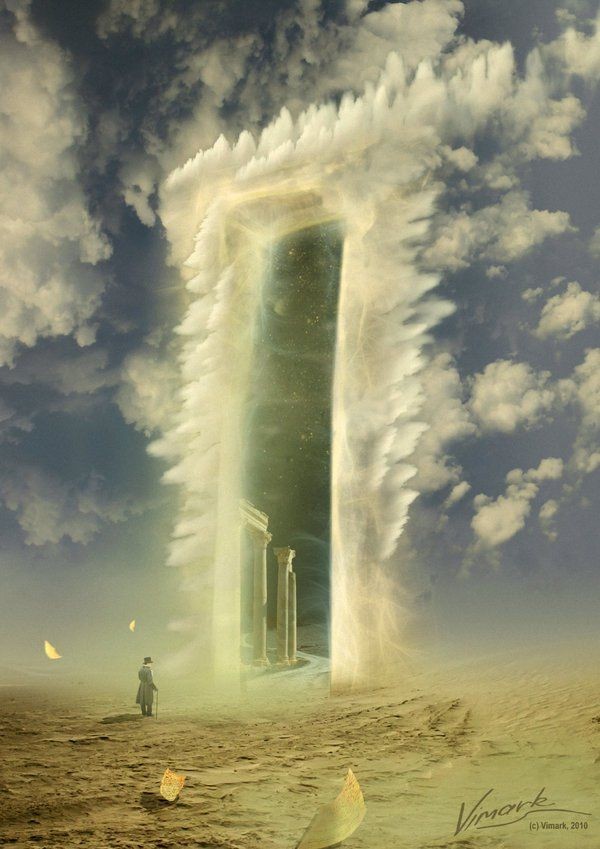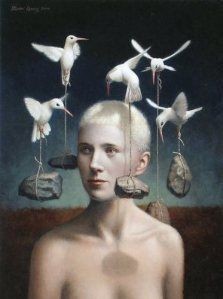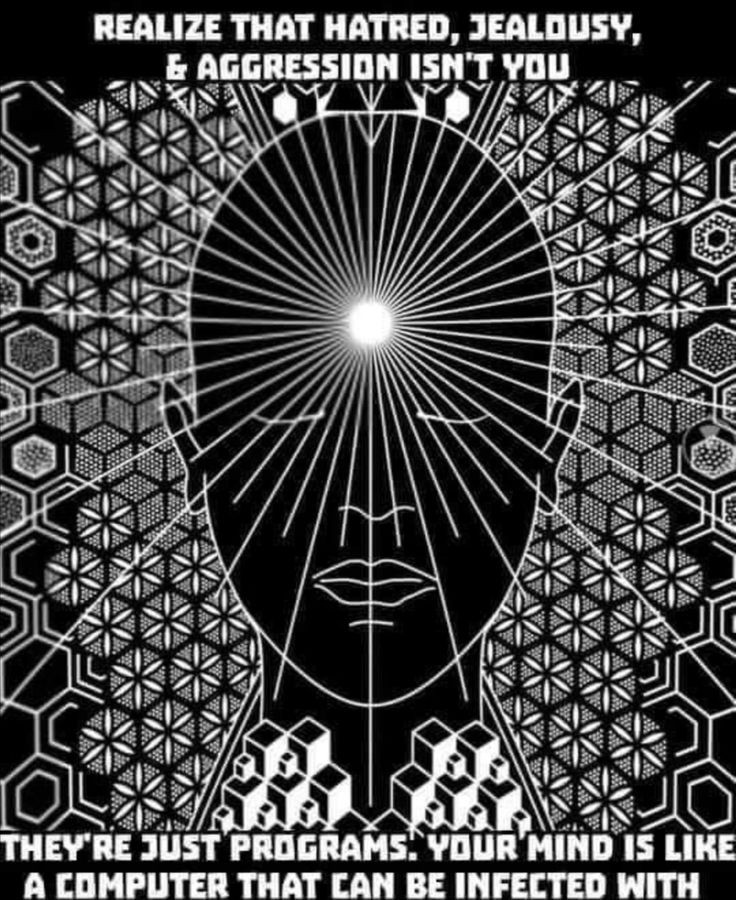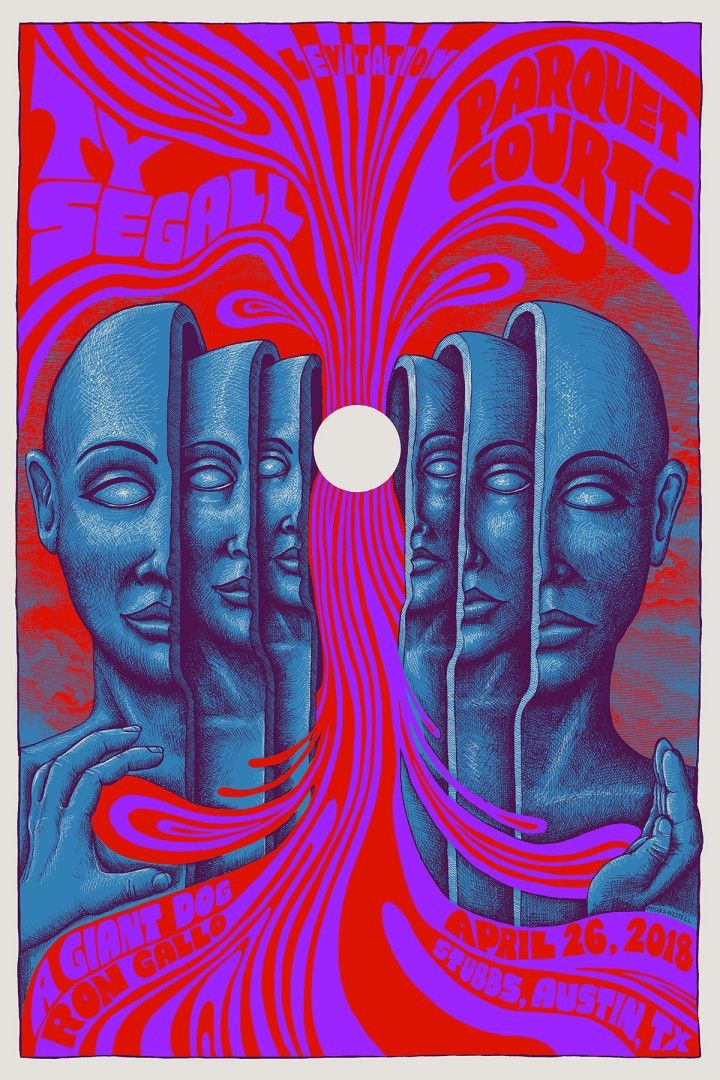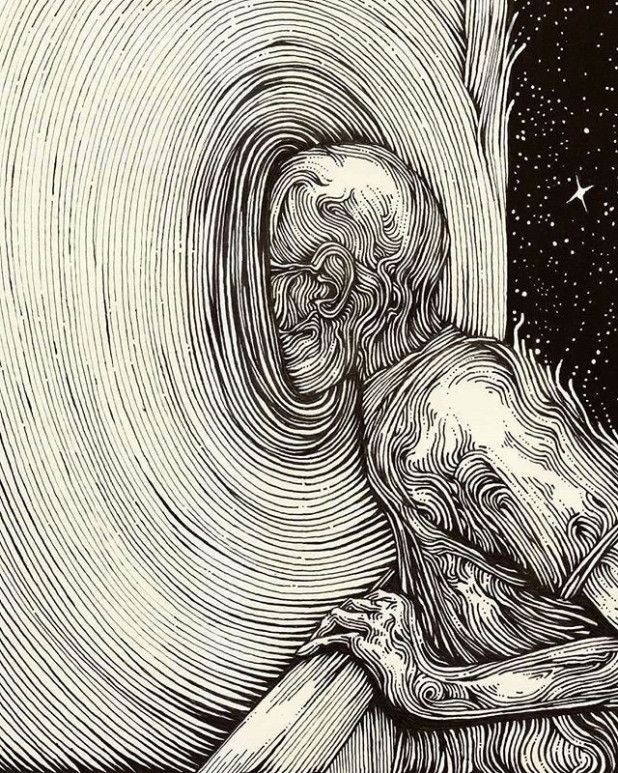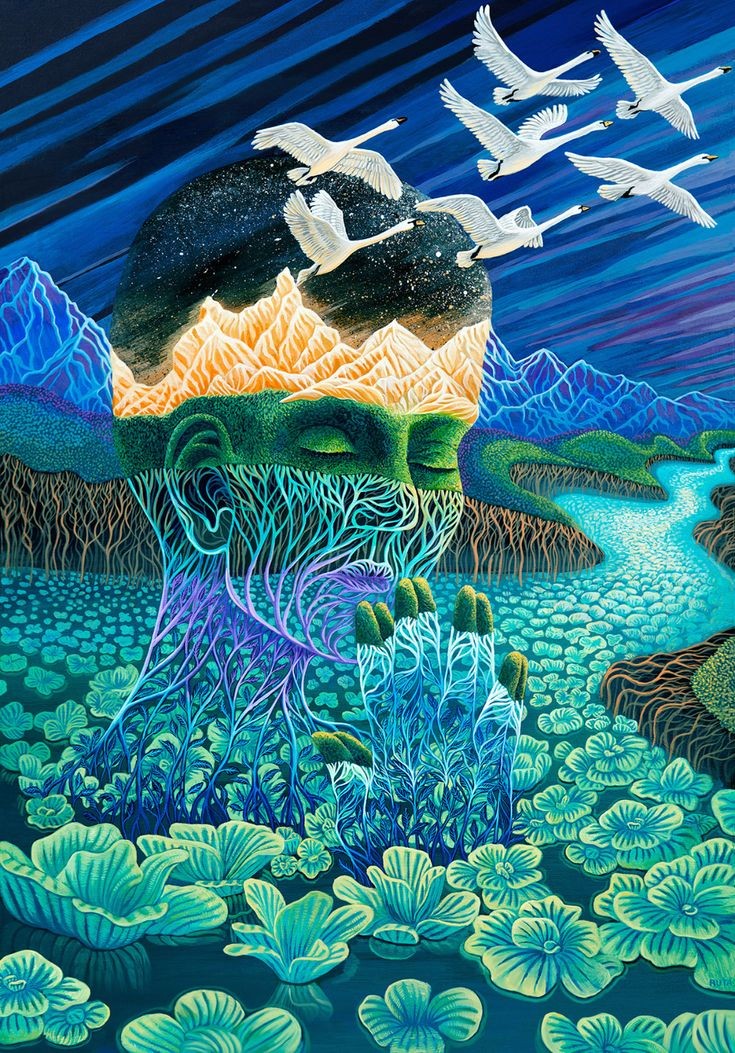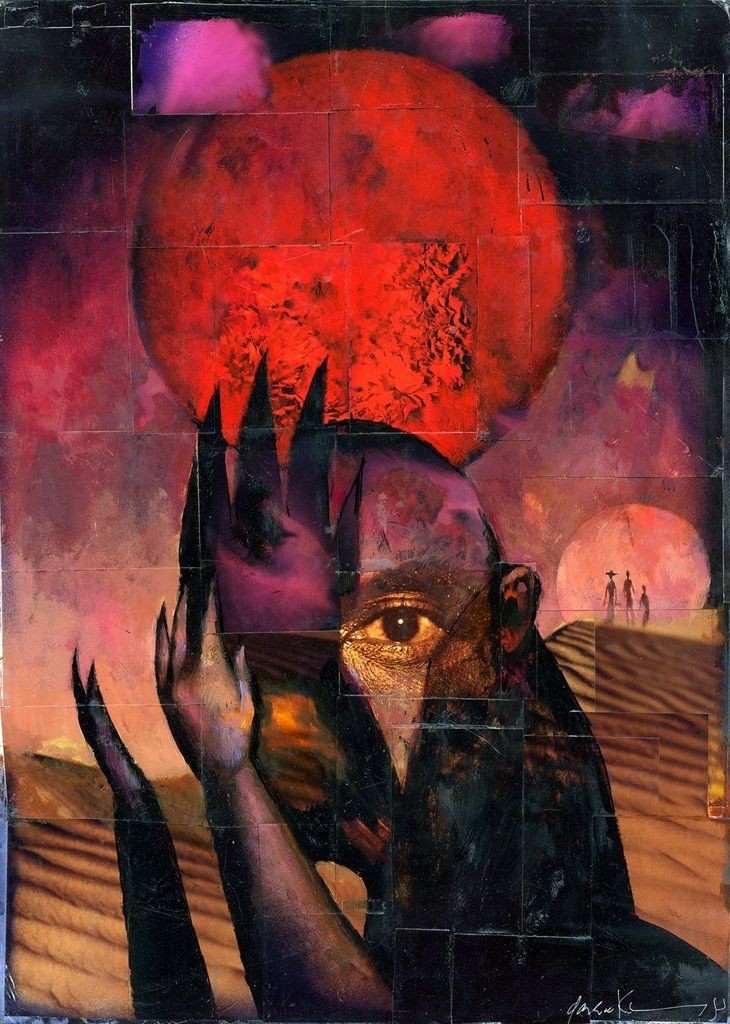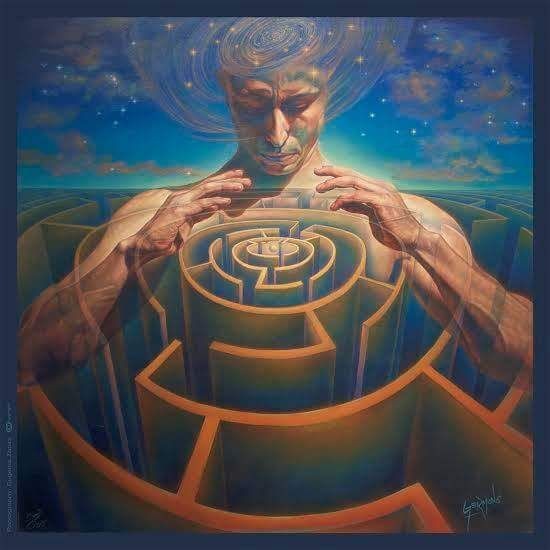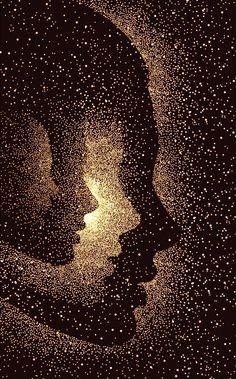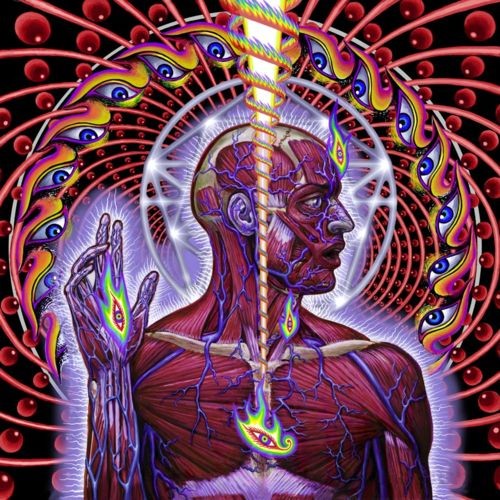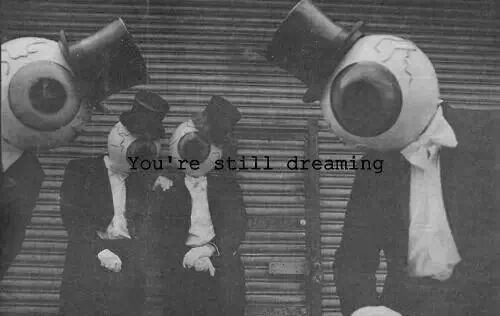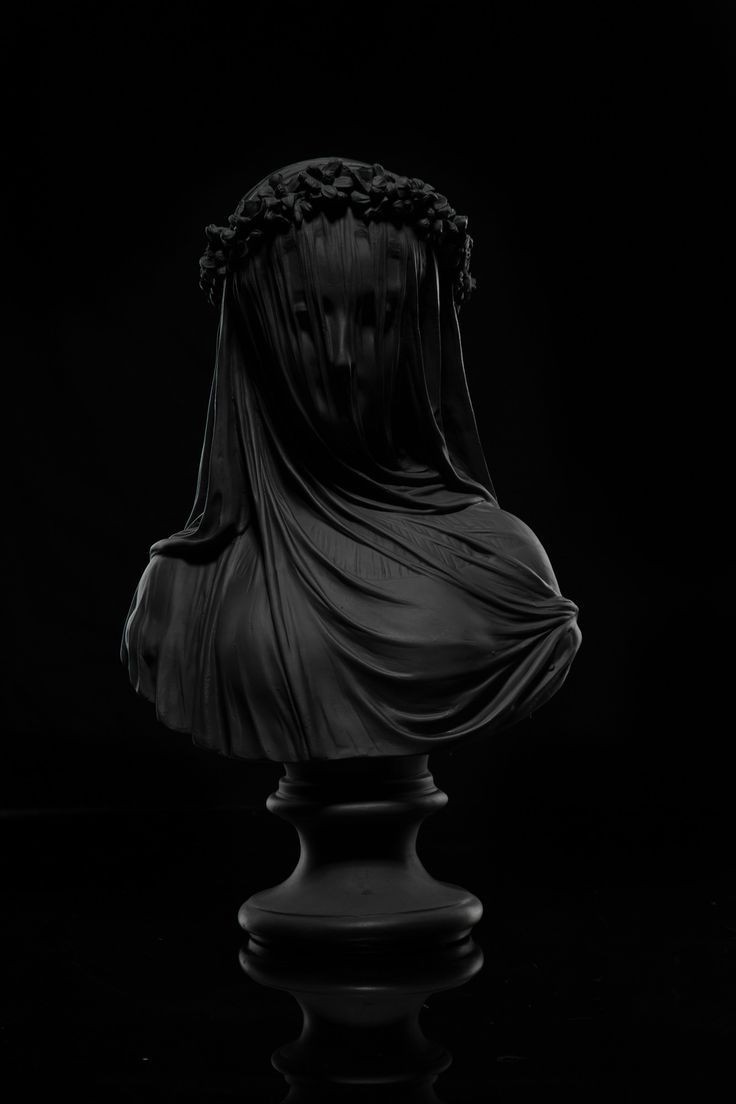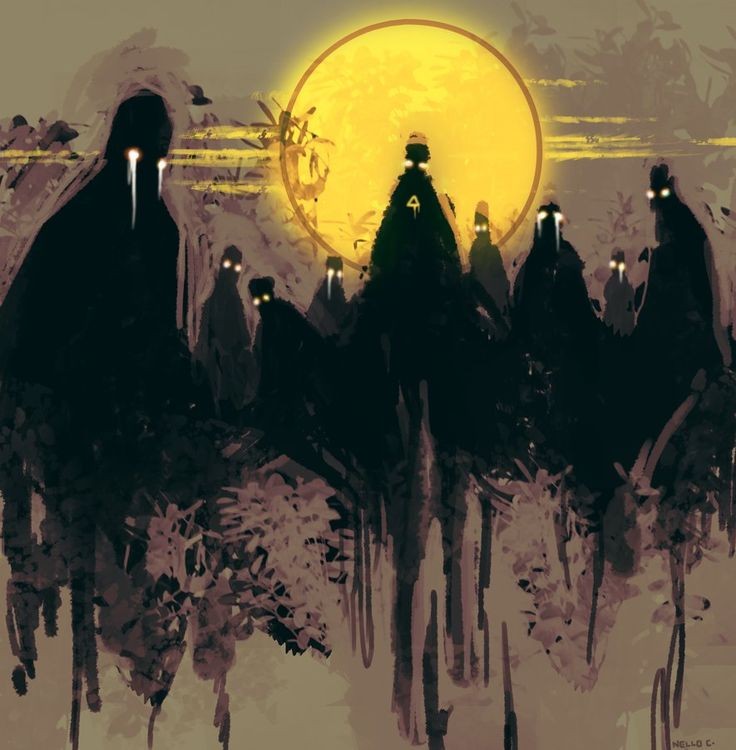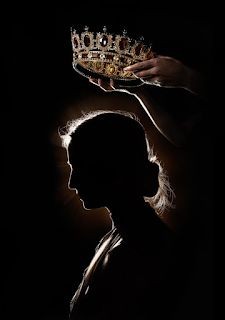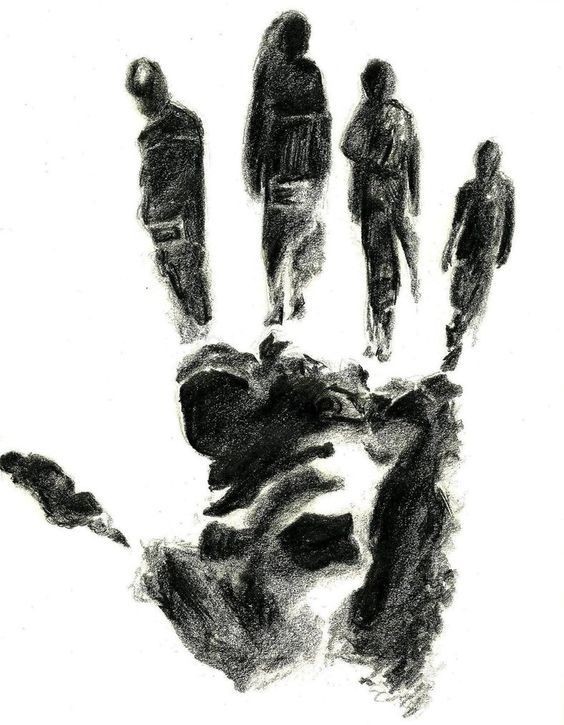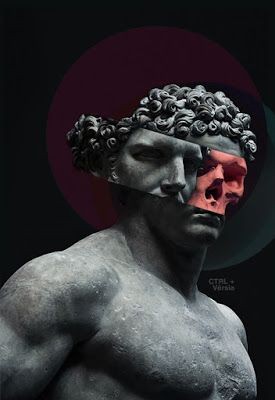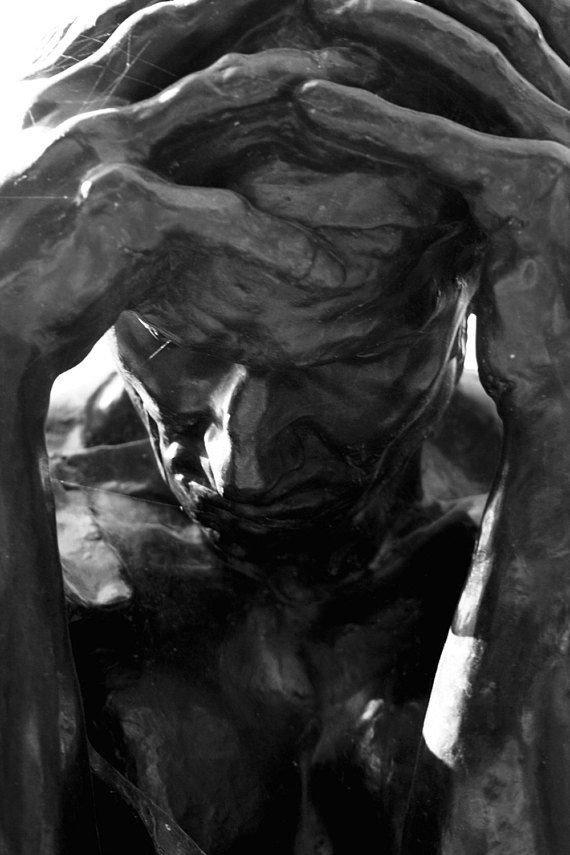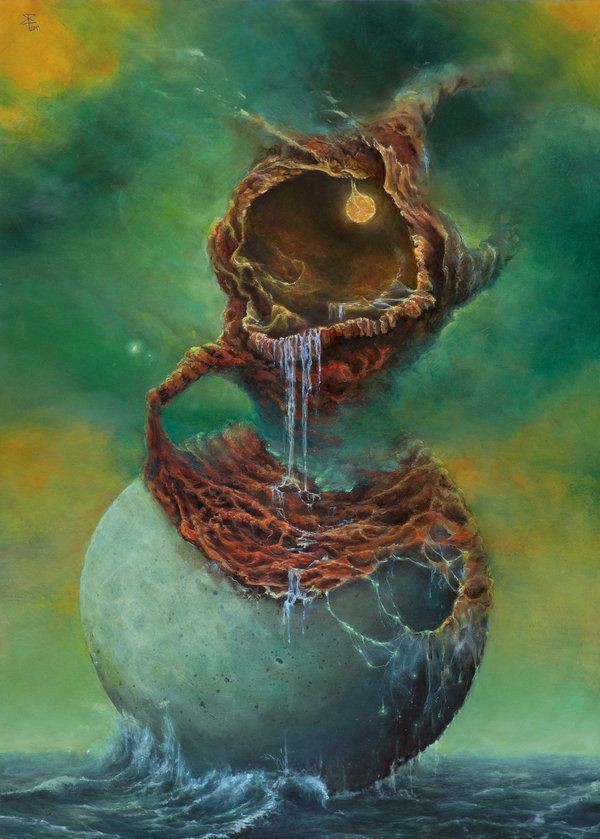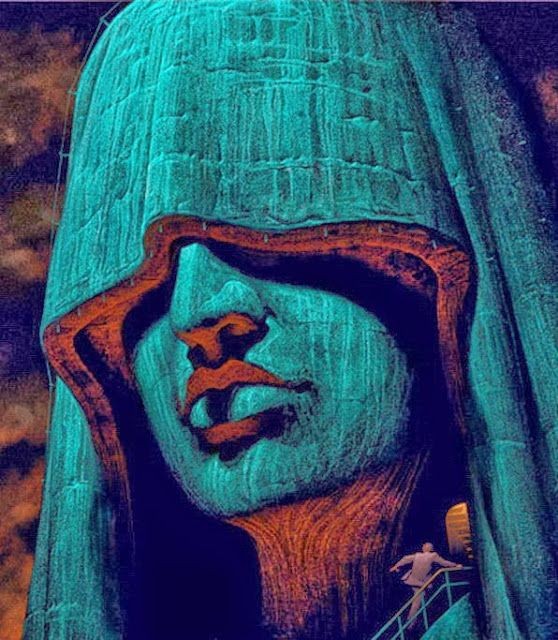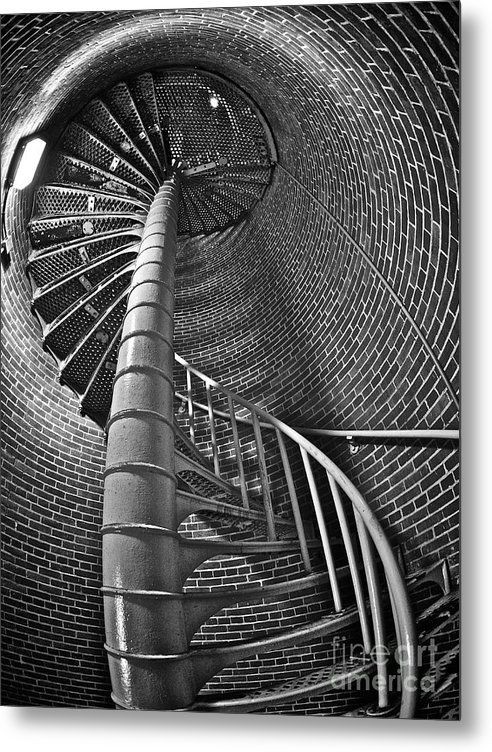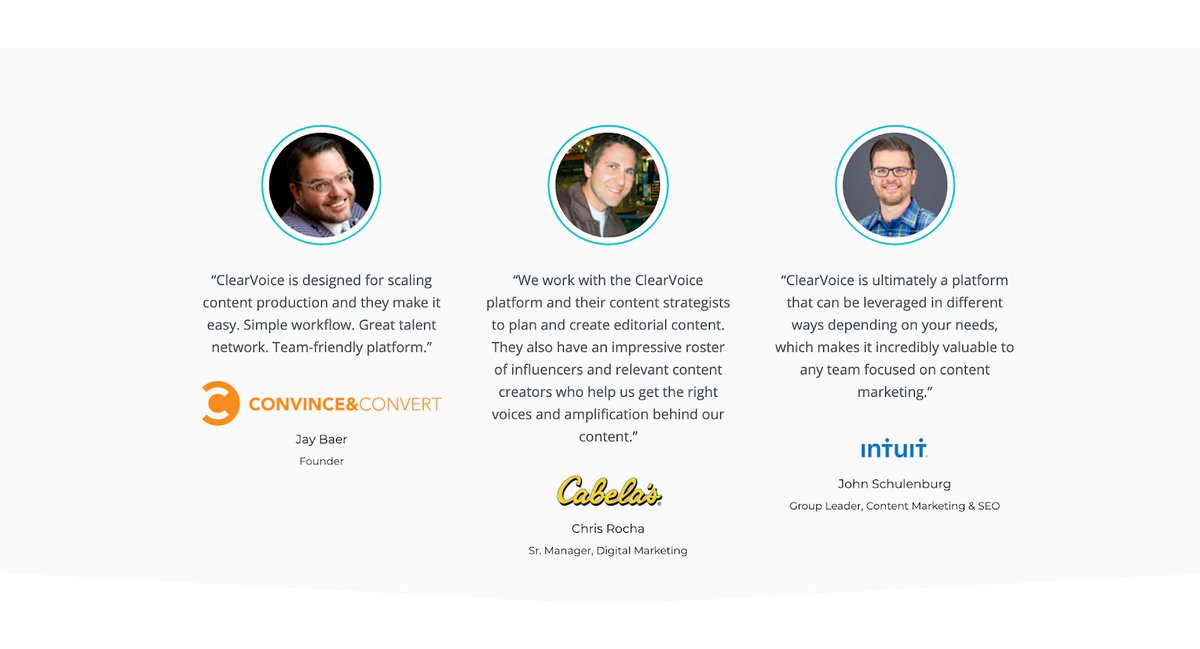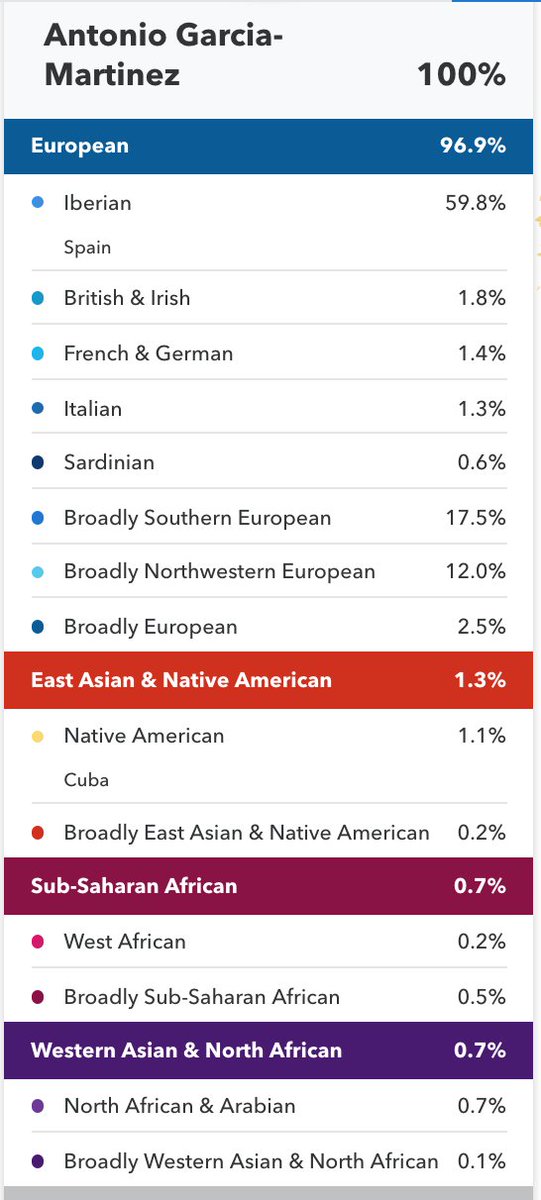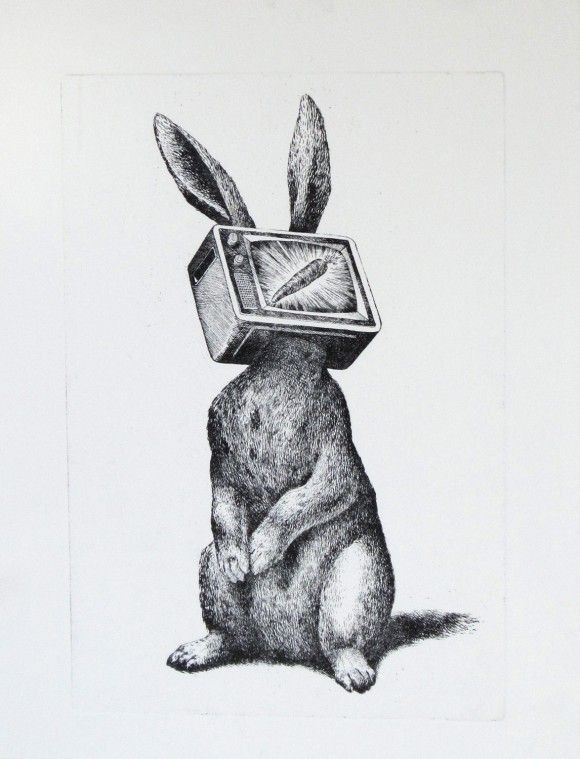
ORT. Final chapter. Atto XXII
It's going to be quite difficult for me to describe my personal experiences regarding the consciousness shift phenomenon. I will continue then by delving into the corpus of my research. Let me introduce you to Robert Lanza and his theory: Biocentrism
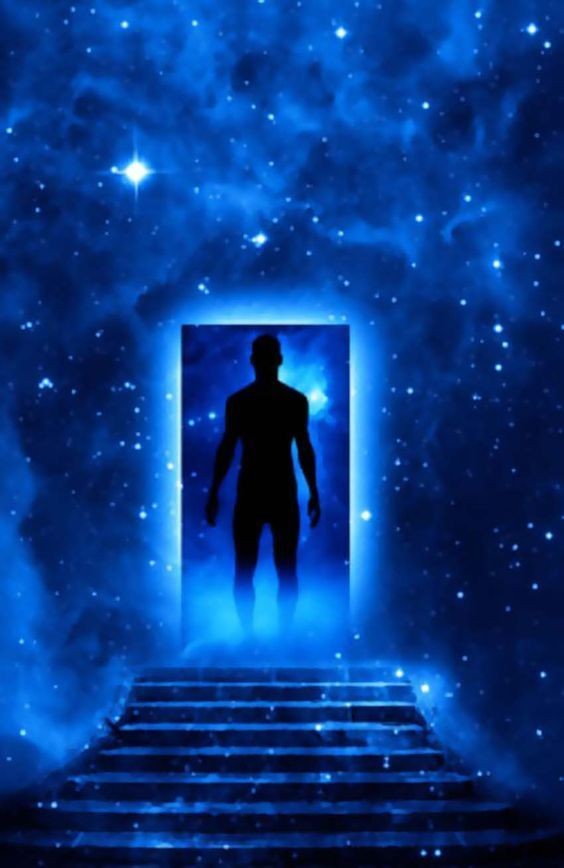

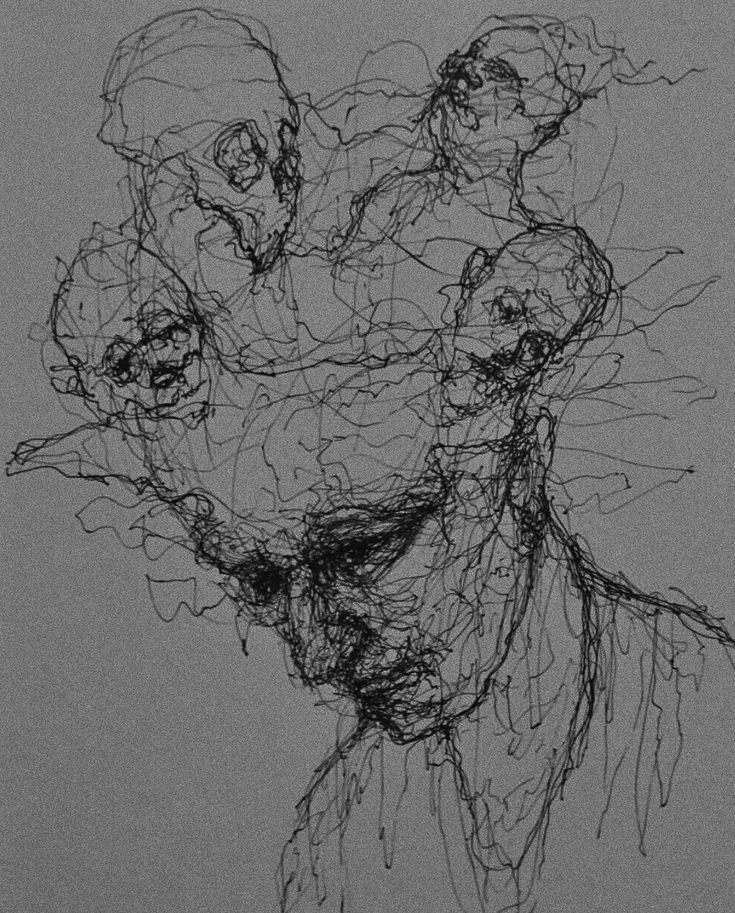
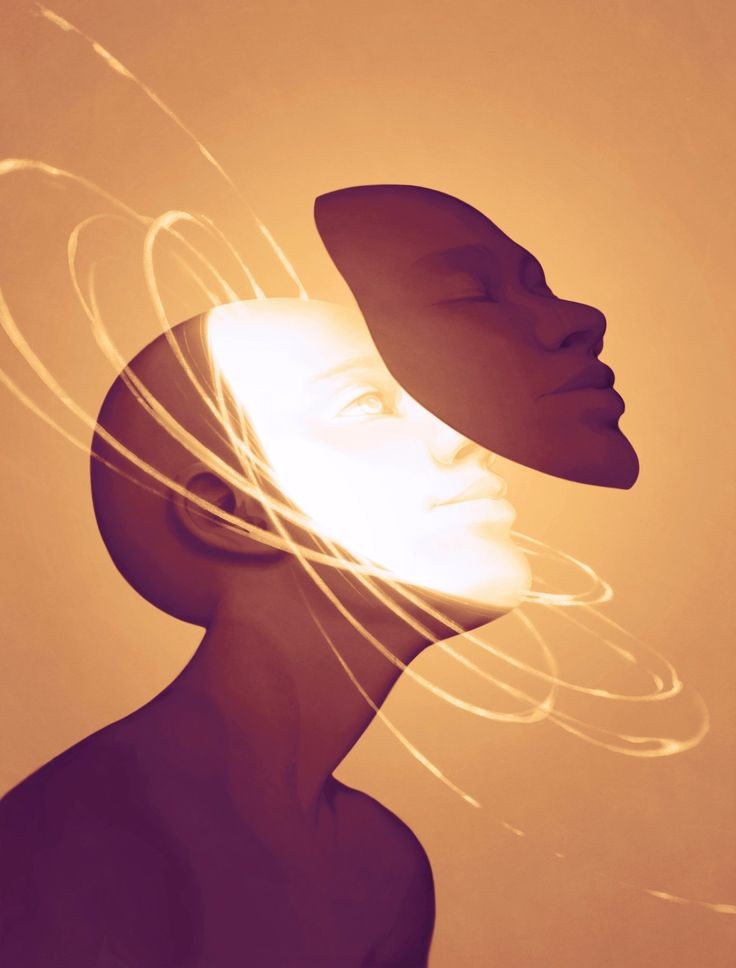
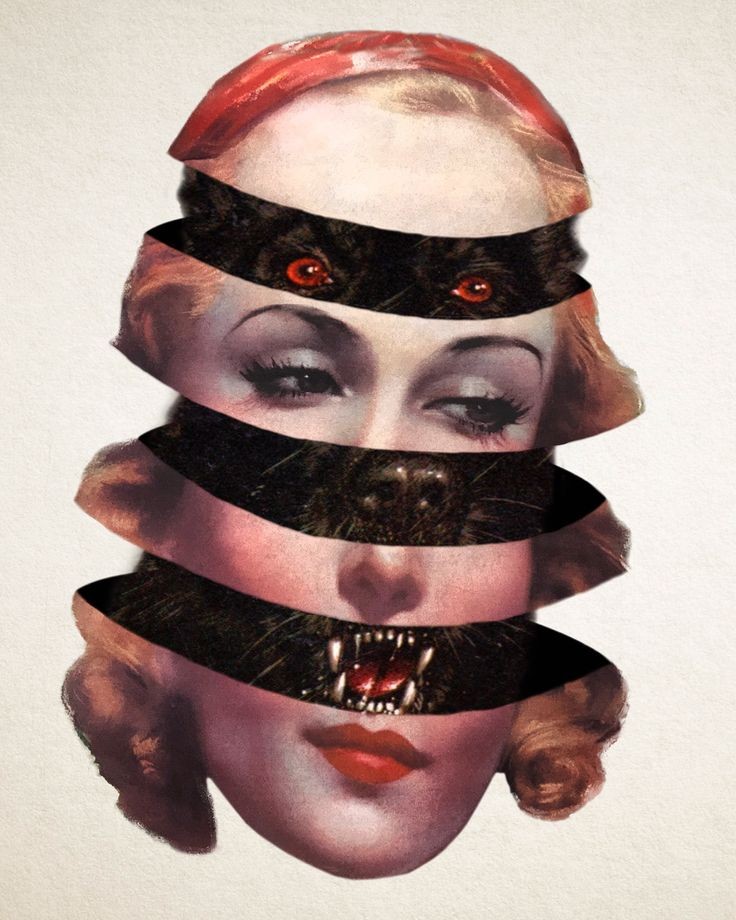
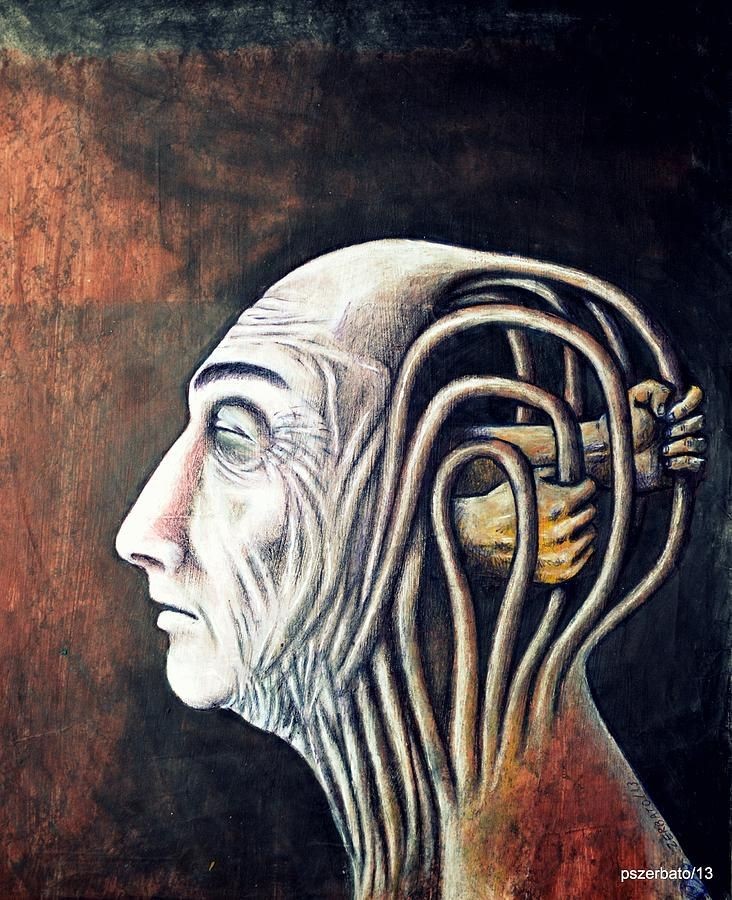
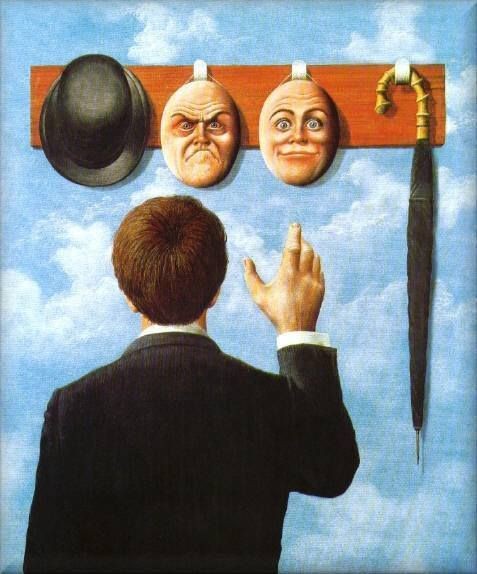
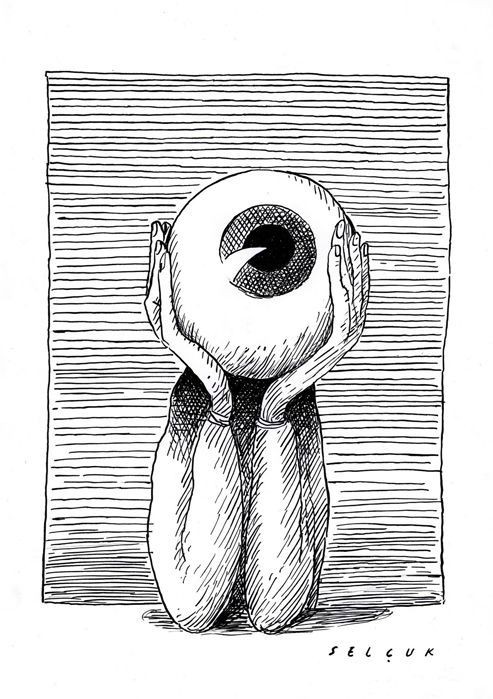
More from Alex Dalassio
More from Book
So I am in the middle of a document co-authored by Stephen Whittle. I took a little detour to have a look at Whittle on YouTube.
— Patrick\U0001f578 (@STILLTish) December 9, 2020
Here are a few clips. This one surprised me. Whittle recalls being heckled by Butch Lesbians and is asked about their role. pic.twitter.com/OWFd0kNDei
Here Stephen makes an impassioned plea for the rights of trans people not to be sterilised. I agree. Does Stephen know that we are now, effectively, sterilising “transkids”? Is Stephen speaking out about this?
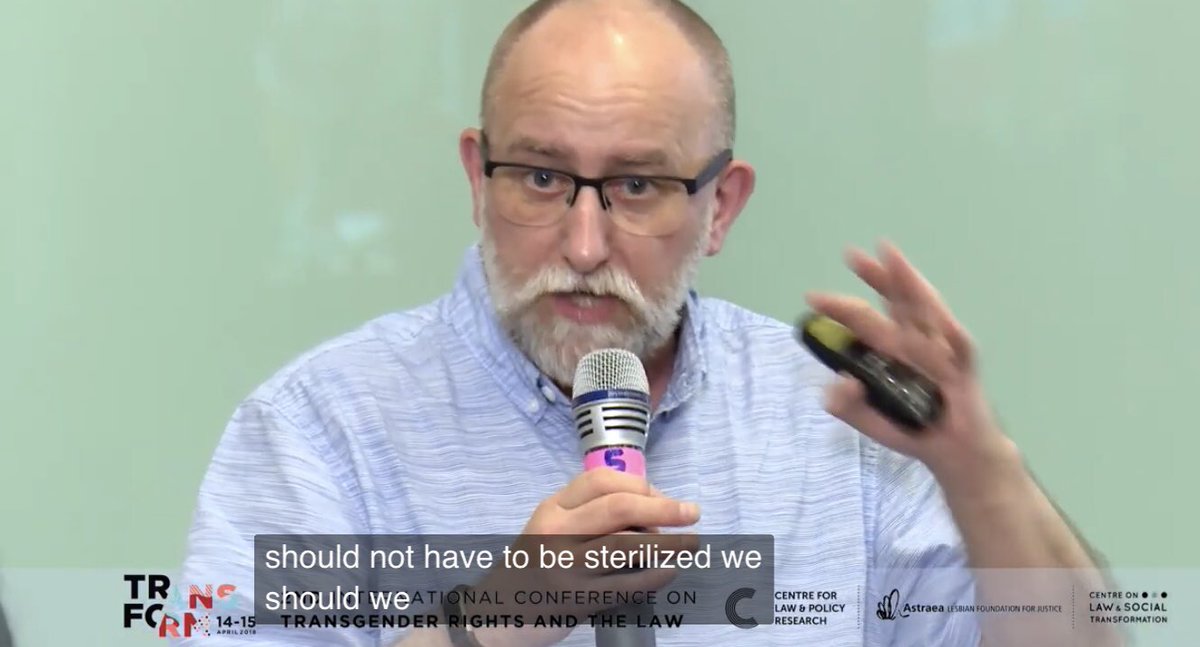
Yes. I agree you have the right to be parents. You know many “transmen” who have given birth. What will happen to the kids put on #PubertyBlockers followed by Cross-sex hormones?
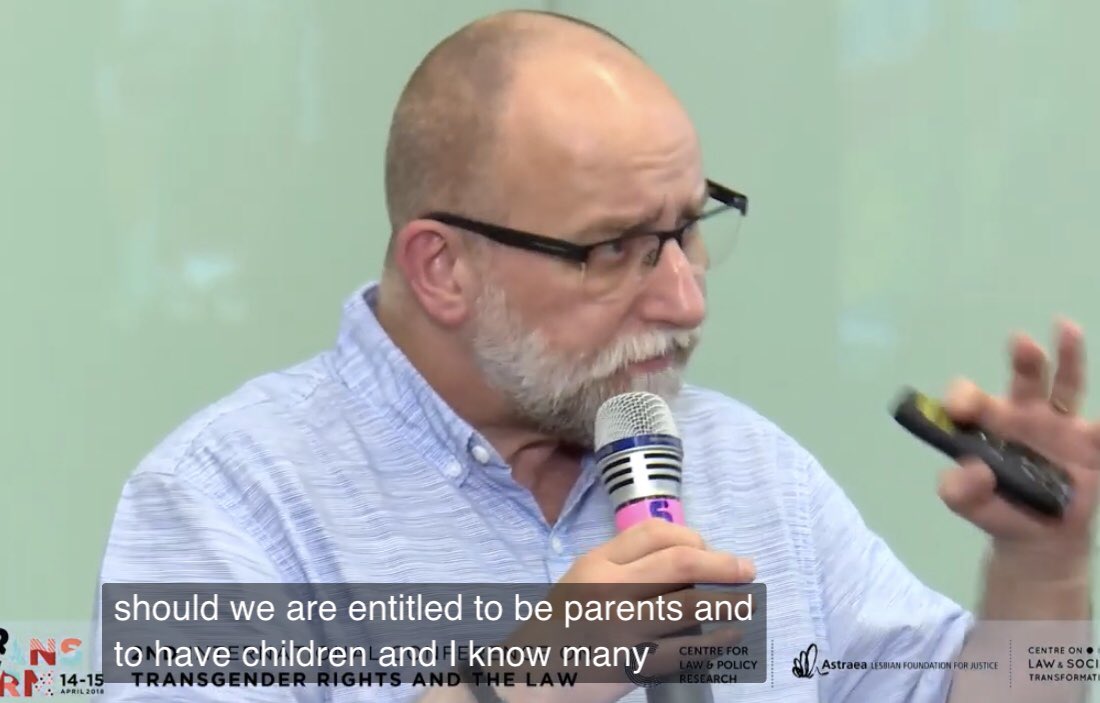
Makes a clear statement activists did not want to campaign on “surgical status”. #LeaveNoOneBehind. Also that they have the right to bodily privacy,
Just trans folks? Do women have the right to bodily privacy?
Is this what passing looks like? Ignoring women?
Congratulations
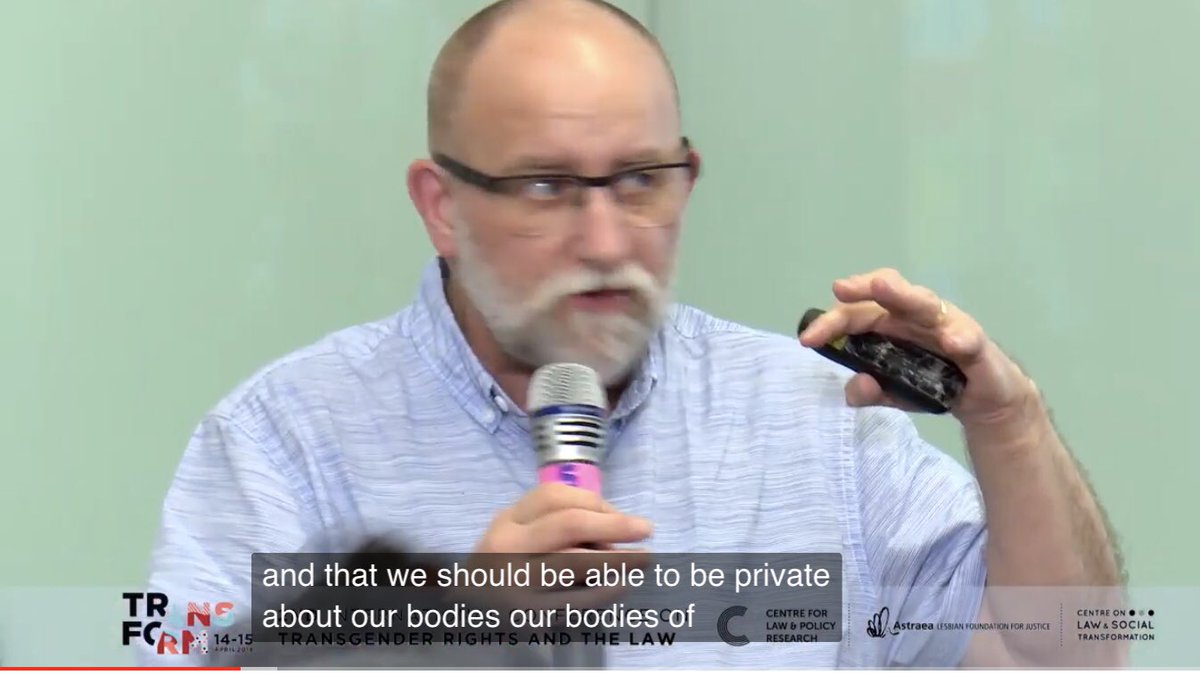
An impassioned defence of the campaign for Self-Identification. Make no mistake this was a demand that women accept male-bodied women in single sex spaces. That was significant over-reach and a massive blunder. Women only spaces, regardless of surgery, is my stance now.
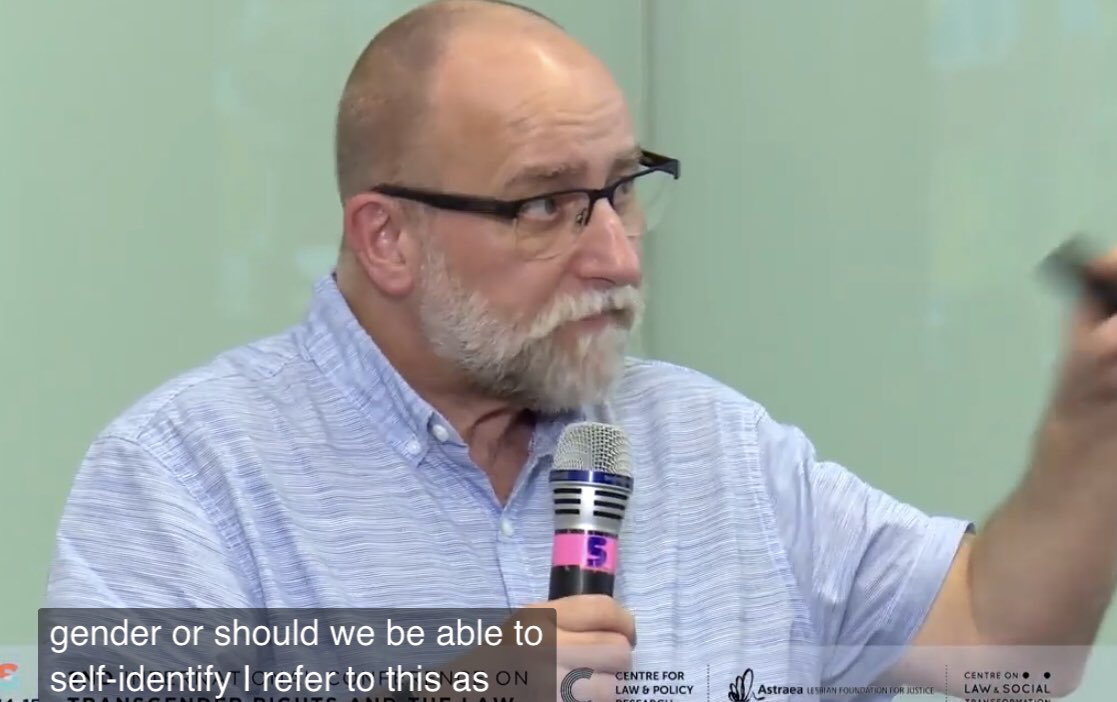
You May Also Like
Covering one of the most unique set ups: Extended moves & Reversal plays
Time for a 🧵 to learn the above from @iManasArora
What qualifies for an extended move?
30-40% move in just 5-6 days is one example of extended move
How Manas used this info to book
The stock exploded & went up as much as 63% from my price.
— Manas Arora (@iManasArora) June 22, 2020
Closed my position entirely today!#BroTip pic.twitter.com/CRbQh3kvMM
Post that the plight of the
What an extended (away from averages) move looks like!!
— Manas Arora (@iManasArora) June 24, 2020
If you don't learn to sell into strength, be ready to give away the majority of your gains.#GLENMARK pic.twitter.com/5DsRTUaGO2
Example 2: Booking profits when the stock is extended from 10WMA
10WMA =
#HIKAL
— Manas Arora (@iManasArora) July 2, 2021
Closed remaining at 560
Reason: It is 40+% from 10wma. Super extended
Total revenue: 11R * 0.25 (size) = 2.75% on portfolio
Trade closed pic.twitter.com/YDDvhz8swT
Another hack to identify extended move in a stock:
Too many green days!
Read
When you see 15 green weeks in a row, that's the end of the move. *Extended*
— Manas Arora (@iManasArora) August 26, 2019
Simple price action analysis.#Seamecltd https://t.co/gR9xzgeb9K

